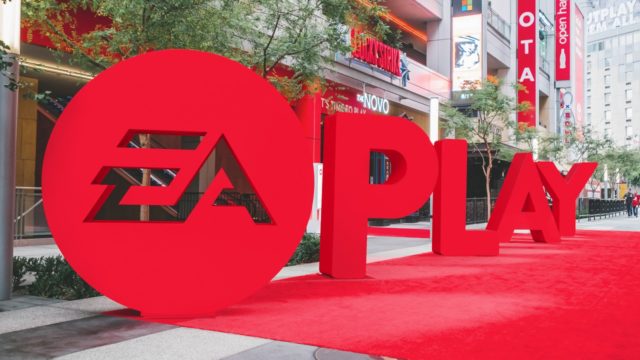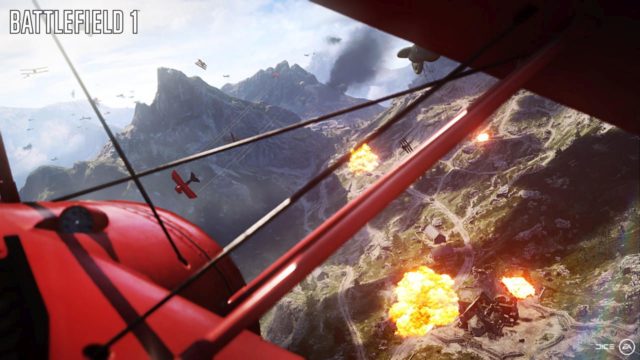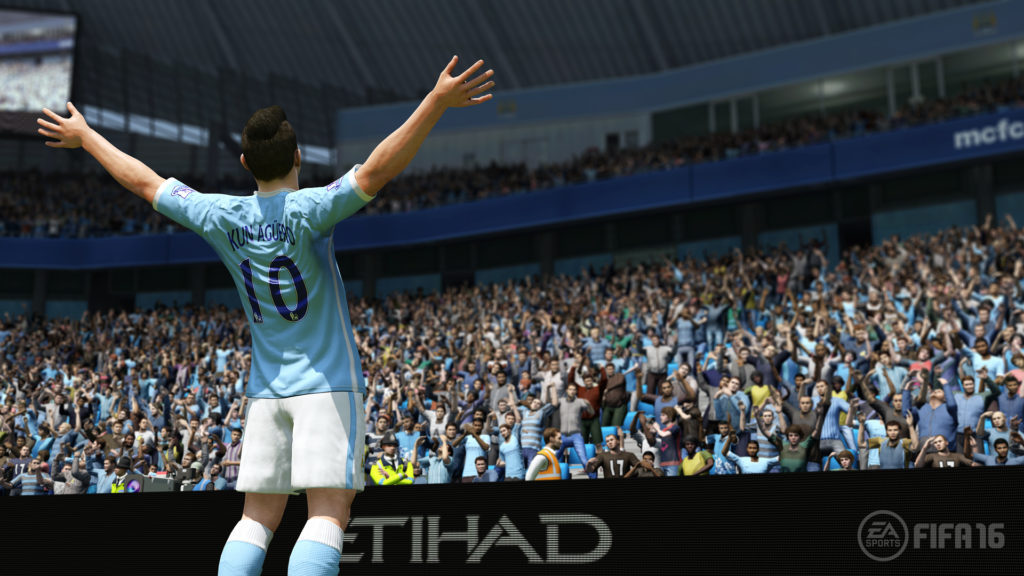Electronic Arts (EA) has had its fair share of ups and downs as a video game publisher, from blockbuster hits to cutbacks and from acclaim to controversy. EA has now evolved into an advocate for diversity and a company that caters its offerings to the fans—not just the press.
So Long, Press . . . Hello, Influencers
Electronic Arts has always been an annual mainstay of the E3 show floor, standing right in the middle of the South Hall with a number of big titles for users to try out. Last year, the company opted to “do its own thing,” as it were, with a private showcase held just down the street at the Novo Theater in LA Live: EA Play. It soon became clear that EA was no longer focusing on the press, but on the players. While game journalism still plays an important role in the marketing of new titles, EA’s move to abandon the convention norm is a nod to the power of influencers. The publisher continued this trend with Gamescom and Paris Games Week, opting for fan-centric events and demos over flashy press conferences. While social media stars are an effective tool for getting your brand out there, EA Play invited anyone to take part—valuing personal recommendations alongside those with thousands of followers.
On February 2, the publisher will host its inaugural EA Sports Bowl at Club Nomadic in Houston. The event will challenge pro athletes to play Madden NFL 17 and FIFA 17 against one another. Fans will also be treated to live music and “a few other surprises,” EA said in a statement.

From “Worst” To “Player First”
When your most popular games are sequels of the same franchises, how do you keep innovating? Soon after taking the reins as CEO in 2007, John Riccitiello (currently CEO of Unity Technologies) acknowledged the lack of innovation seen in the industry as a whole. “We’re boring people to death and making games that are harder and harder to play, he told The Wall Street Journal. “For the most part, the industry has been rinse-and-repeat. There’s been lots of product that looked like last year’s product, that looked a lot like the year before.”
Being named “Worst Company In America” two years in a row certainly didn’t help the publisher’s reputation, and neither did allegations of horrible work conditions for its developers. The company looked inward, made some changes and in 2012, EA’s games were ranked highest of all large publishers in the industry, according to Metacritic.
In a recent interview with IGN, EA’s chief competition officer, Peter Moore spoke about how the company has re-assessed what is most important as a company. “[W]e made a deliberate attempt to say, ‘Fine, how do we go forward here?’ And the mantra that we came up with was this concept of player-first,” Moore explained. “To this day . . . in meetings, questions are always asked—’what do we need to do here? When do we ship that? What type of experience does this need to be?’ Somebody will say, ‘but is that player-first?’ And that’s the moment we all stop and think,” he added. “It’s not about revenue—it’s not about what benefits EA.”
That mantra must be working, because Battlefield 1 debuted at number one in console video game sales in its first week in the UK, outselling the combined week one sales of Battlefield 4 and Hardline. Prior to launch, the game’s open beta drew in over 13.2 million total players, making it the biggest in EA’s history.
Titanfall 2—while not as financially successful as Battlefield 1—was nominated for eight awards including “Game of the Year,” and awarded “Best Online Multiplayer” at the Game Critics Awards 2016. Unlike its predecessor, Titanfall 2 was not a console exclusive, allowing more players to experience the mech-fighting adventure.

Looking To The Future
EA recognizes the future of mobile gaming by offering a number of companion apps for its most popular titles to keep players engaged. As announced during a Google I/O presentation, EA is a development partner for Google Daydream and released Need For Speed: No Limits VR last December.
Also launched this past December—EA’s new Competitive Games Division focuses not just on the best of the best, but those still climbing the championship ladder. “Our vision for competitive gaming is pretty unique,” EA’s chief competition officer, Peter Moore told Venturebeat. “We want to make stars out of all our players. Competitive gaming is a pyramid. At the very top of that, there are several hundred players who make a full-time living playing games like DOTA 2, League of Legends, or Counter-Strike. In our case, Madden and FIFA have full-time professional players, as well as a few Battlefield players, but our real focus is going to be further down that pyramid—not just the top professionals.”
When it comes to making games for Star Wars fans—among the most passionate fan base in the world—EA wants to include everyone. “What we’re really trying to do at EA,” said Justin McCully, general manager of EA Star Wars, “is to cater to different parts of the Star Wars universe and create different game experiences that are tailor-made for those fans.”
EA is also highly active in the fight for inclusion in the workplace and beyond—including LGBTQ characters in its games, as well as partnering with equality organizations for women and those with disabilities. The company says its mission is not only to create “a welcoming workplace” but also “an inclusive gaming experience for [its] fans through programs, events, and community partnerships.”
https://youtu.be/mrtjMiE_JE4

